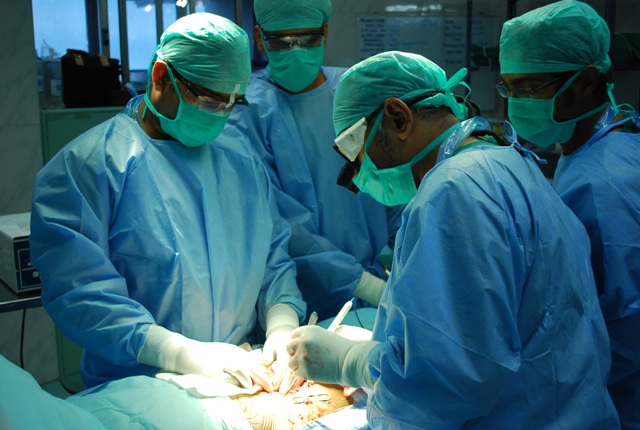“We have decided to have this service in place between December and January 2017. Again experts will be sent to India next month for related training. By the time they are back, we will have made the necessary changes at the theatres and intensive care units to accommodate the patients,” he reported.
The MNH head said bringing the much needed service in the country will reduce the costs of receiving the treatment abroad by 40 per cent and ensure that more people access the services than it would otherwise have been if they were to get it outside the country.
He said bringing health services that were initially sought outside the country is one of the agendas of the government through the Ministry of Health, Community Development, Gender, the Elders and Children, citing examples of the Jakaya Kikwete Heart Institute and Muhimbili Orthopaedic Institute (MOI).
“It is our responsibility as health experts in the country to provide the government with recommendations on what to be done and what is needed to bring these health services in the country and this is what we are doing,” he explained.
Other health care challenges at MNH, which are being addressed to improve health services at the national referral hospital, include congestion of patients awaiting surgery, receiving medical tests on time, morgue mix up of bodies and providing meal services to patients.
Prof Museru said MNH is in the process of increasing six more theatres from the current 13 to reduce congestions of patient waiting for surgery and has computerised and centralised laboratory process ensuring medical results are released electronically -- and on time.
Speaking about recent two incidents of mix-ups at the MNH where wrong bodies were issued to relatives, the MNH boss said major changes will be implemented at the hospital’s morgue, including bringing in new staff and a supervisor who will ensure proper procedures of issuing bodies to relatives are adhered to.
Following the incidents, an inquiry was launched by a committee formed by the hospital, which according to the MNH boss, has already handed over its report.
However, he said, mistakes noted in the mix-up, included the bodies bearing wrong identification tags. The incidents took place on April 9 and June 20. On meal services, he noted that the MNH was embarking on introducing catering services to patients scattered by the hospital to study challenges that might crop up and figure ways to address them before rolling out the service to other admitted patients.
“On average, we have about 1,300 in patients per day out of which about 600 to 700 are patients from outside Dar es Salaam whose food service is catered for by the hospital.
The rest, who are from within Dar es Salaam, receive the service from relatives. So following the minister’s directives to look at this issue afresh, we have decided to start catering for the patients coming in from outside the region,” he explained.
He said the move, once implemented correctly, will relieve relatives from spending days sitting around the hospital waiting to cater for their sick relatives and use the time productively, while allowing the hospital to function properly without interference of the influx of relatives visiting patients, especially during lunch time when doctors are making rounds in wards.

No comments:
Post a Comment